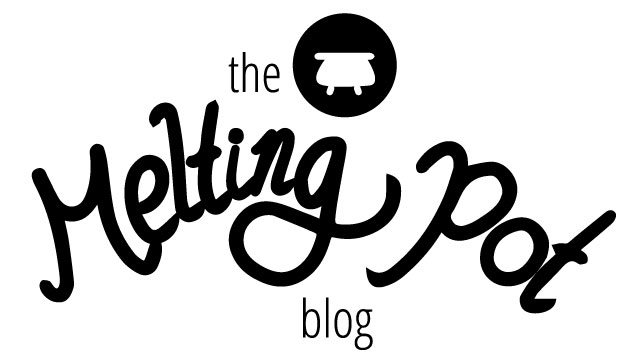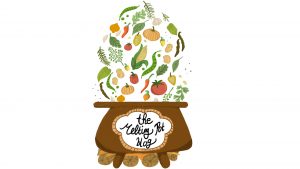Great Britain, formerly known as Albion meaning “white land” by ancient Greek geographers due to the white cliffs in Dover.
It is one of the 6,000 Island’s situated off the North-west coast of Europe, with Britain being the biggest.
The United Kingdom is a sovereign state that includes: England, Wales, Scotland & Northern Ireland.
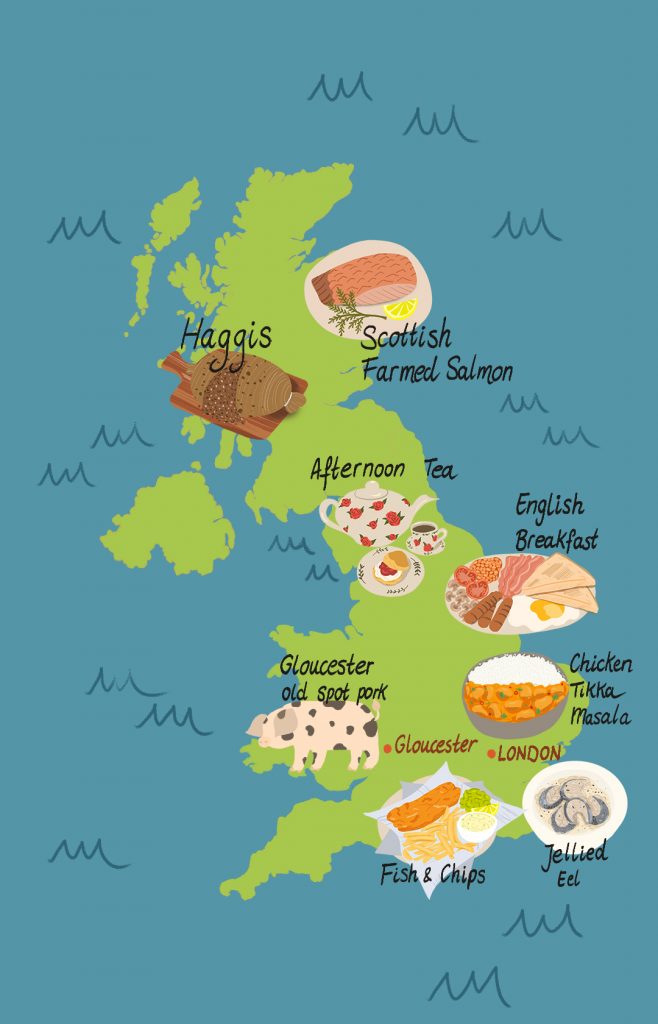
 Add Your Tooltip Text Here
Add Your Tooltip Text Here
Add Your Tooltip Text Here
What Did Early English People Eat?

In ancient times, Britain was inhabited by Celtic tribes which played an important role in the foundations of British cuisine. They grew crops like oats and barley, which led to porridge. The animals they raised included pigs and cattle, crafted into dishes like roasted meats and means. These dishes laid down the groundwork for future culinary traditions.
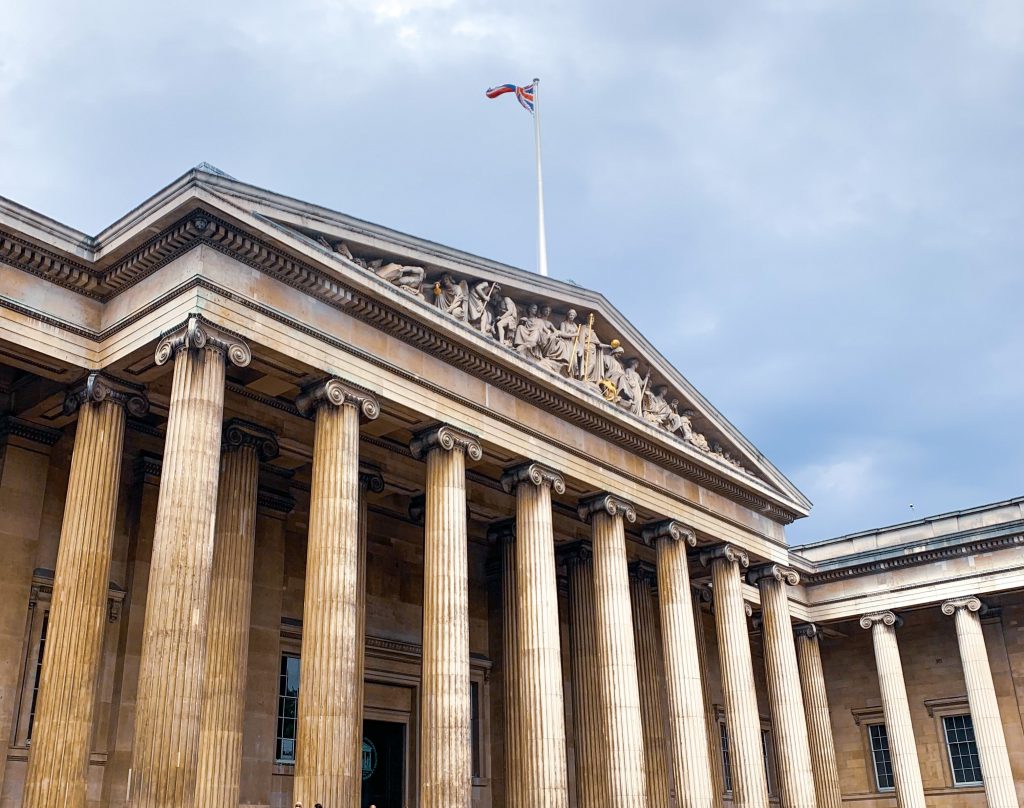
Roman Influence
The Romans came to Britain in 43 AD and brought a culinary revolution with them. They introduced pears, apples, and wine as part of daily cuisine. They also brought traditional recipes like (Garum & Patella), advanced cooking techniques, and some conventional flavours into British cuisine.
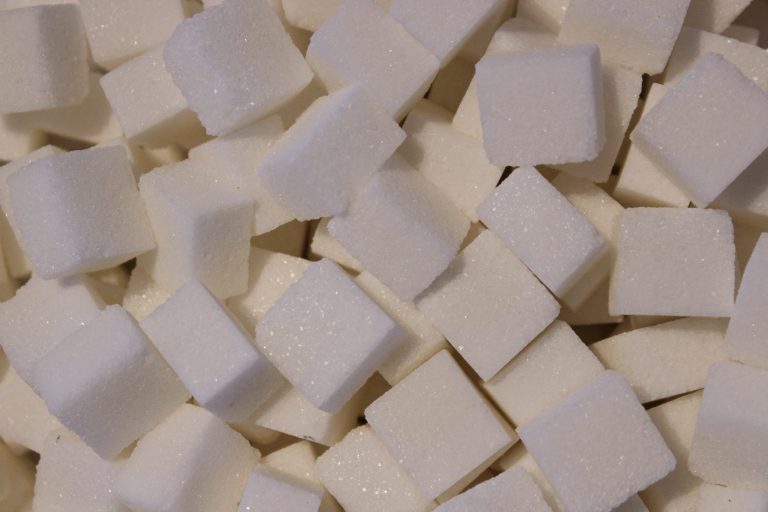
Mediaeval Feasting:
British cuisine underwent a period of luxury and extravagance during the Middle Ages. The concept of grand feasts was introduced with an abundance of meat and spices. These feasts invented dishes like a roasted swan, peacock, and boar's head, often accompanied by elaborate pies and pastries.

In the Tudor Era, British cuisine underwent global influence due to trade and exploration. Ingredients like potatoes, tomatoes, and spices from the New World were introduced to British kitchens.

The Industrial Revolution of the 18th and 19th centuries significantly impacted British cuisine. The rise of factories and urbanization changed people's eating habits, and traditional dishes like stews, pies, and puddings became staple meals for the working class.

The British colonized India, which sparked another culinary revolution. Indian spices made their way to the UK, and spices like curry, cumin, and turmeric became a part of the British household. These spices lead to the formation of diverse food recipes like chicken tikka masala and lamb curry.
British Food Today
The history of British cuisine is influenced by a broad range of eras, cultures, heritage, and ingredients. From its beginning to today, British cuisine has evolved into a vibrant and celebrated culinary landscape. Exploring this culinary landscape is a great way to experience its rich heritage and appreciate food culture.
